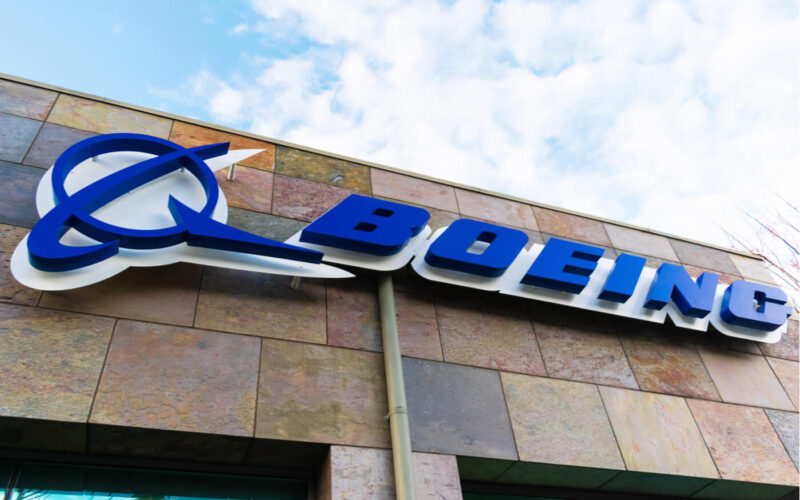With its Commercial Aviation division caught in the middle of the 737 MAX crisis, Boeing has seen its financial results severely affected in 2019. However, the revenue of both its Defense, Space & Security and Global Services divisions are on the rise. Could Boeing split up its activities in order to protect them?
In its financial results for the first third quarters of 2019, Boeing reported that the revenues of the Commercial Aircraft division decreased by $16 billion compared to the same period of 2018, resulting in a loss operational of $3.8 billion against a profit of $ 5.2 billion a year earlier. This loss was mainly blamed on the global grounding of the 737 MAX, following two crashes that led to the death of 346 people.
However, the company still managed to offset the Commercial Airplanes losses and earn $374 million net over the period. That feat was made possible by its Defense, Space & Security segment, as well as the Global Services division, that provides services to both Boeing’s commercial and defense customers worldwide. The two divisions earned $2.57 billion and $2 billion respectively in the first three quarters of 2019, a 191% and 12% growth compared to the previous year.
The recovery of the commercial division could take a while. Whilst the future of the Boeing 737 MAX family is still uncertain, some of its other coming programs are also struggling. The 777X, yet to enter service, was recently affected by several development setbacks, and customers are starting to lose interest. On November 20, 2019, Emirates has officially announced it would cut a fifth of its 777X order, 24 aircraft, to replace them by 30 787-9 Dreamliners. Meanwhile, the NMA program has yet to be unveiled.
While they allow the manufacturer to limit the damage of the Boeing 737 MAX, a “spin-off” scenario to preserve the financial future of the defense and services divisions should not be ruled out, according to Douglas A. McIntyre, editor-in-chief of 247WallSt.
Boeing Defense, Space and Security division benefits from a privileged relationship with the U.S. military and its allies. Its last major contract dates back to September 2019, when the Pentagon ordered 15 KC-46 Pegasus in a contract valued at $2.6 billion despite developmental problems affecting the refueling tankers.
An independent Boeing defense company would be placed in a good position among the biggest defense contractors in the world. To compare with Boeing’s $2.57 billion in net defense earnings during the first three quarters of 2019, the market leader Lockheed Martin reported $3.8 billion net over the same period.
As for Boeing Global Services, it racked up $225 billion in contracts over the next 10 years at the last Dubai Airshow, in November 2019.
However, this spinoff scenario would mean gargantuan restructuration costs for a situation that might be temporary and the prospect to see the positions of some of the 64,000 employees threatened would likely create a political scandal. To conclude on a historical reminder: Boeing is already the result of a three-way split. In 1934, the U.S. Congress voted the Air Mail Act which prohibited airlines and manufacturers to be under the same umbrella. The United Aircraft and Transport Corporation was thus spun off into Boeing, United Airlines and what is known today as United Technologies.

